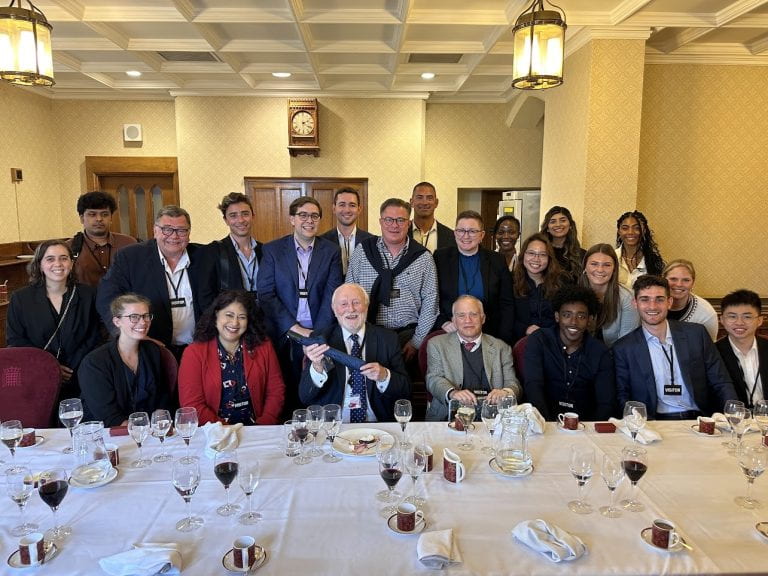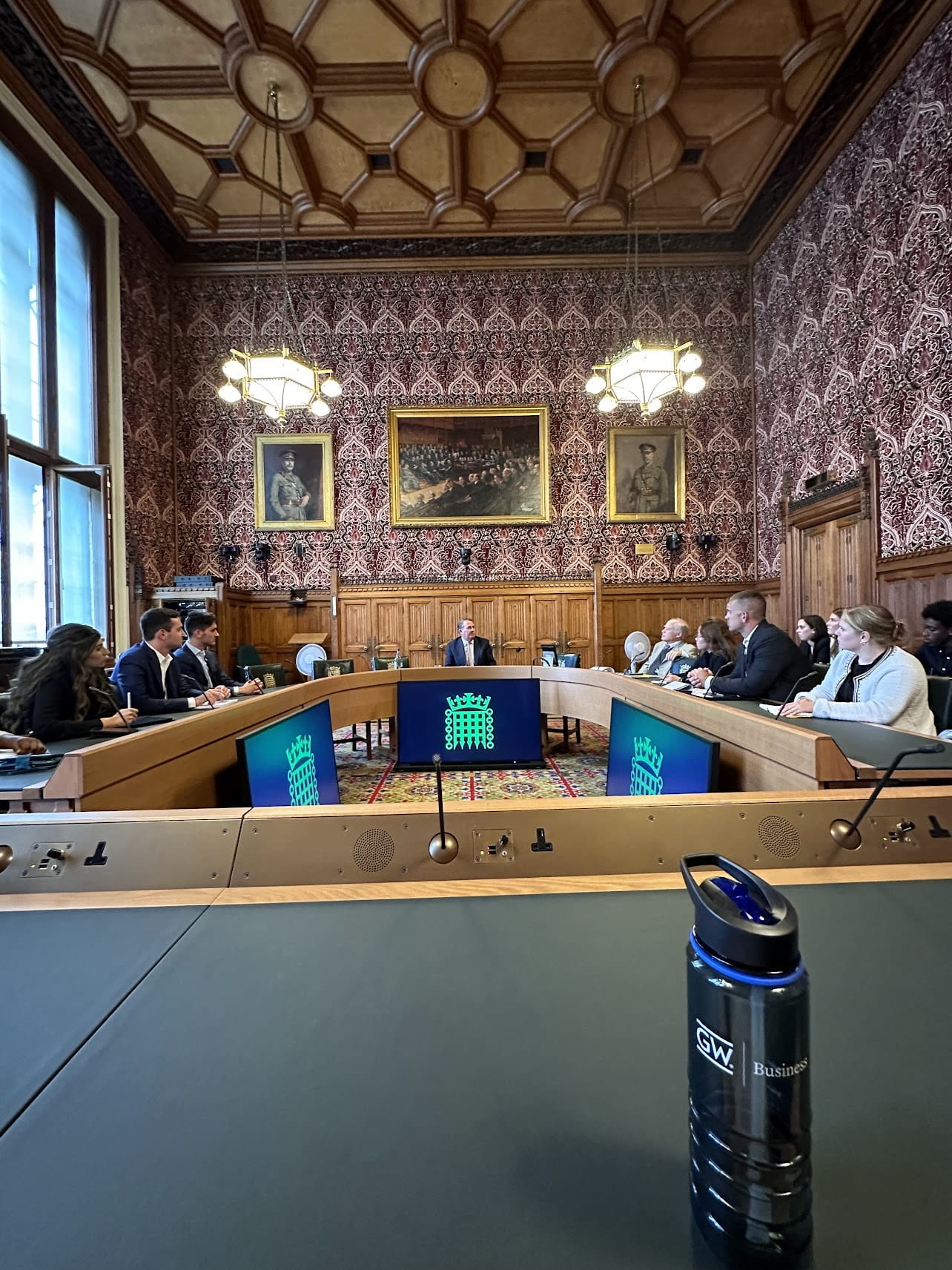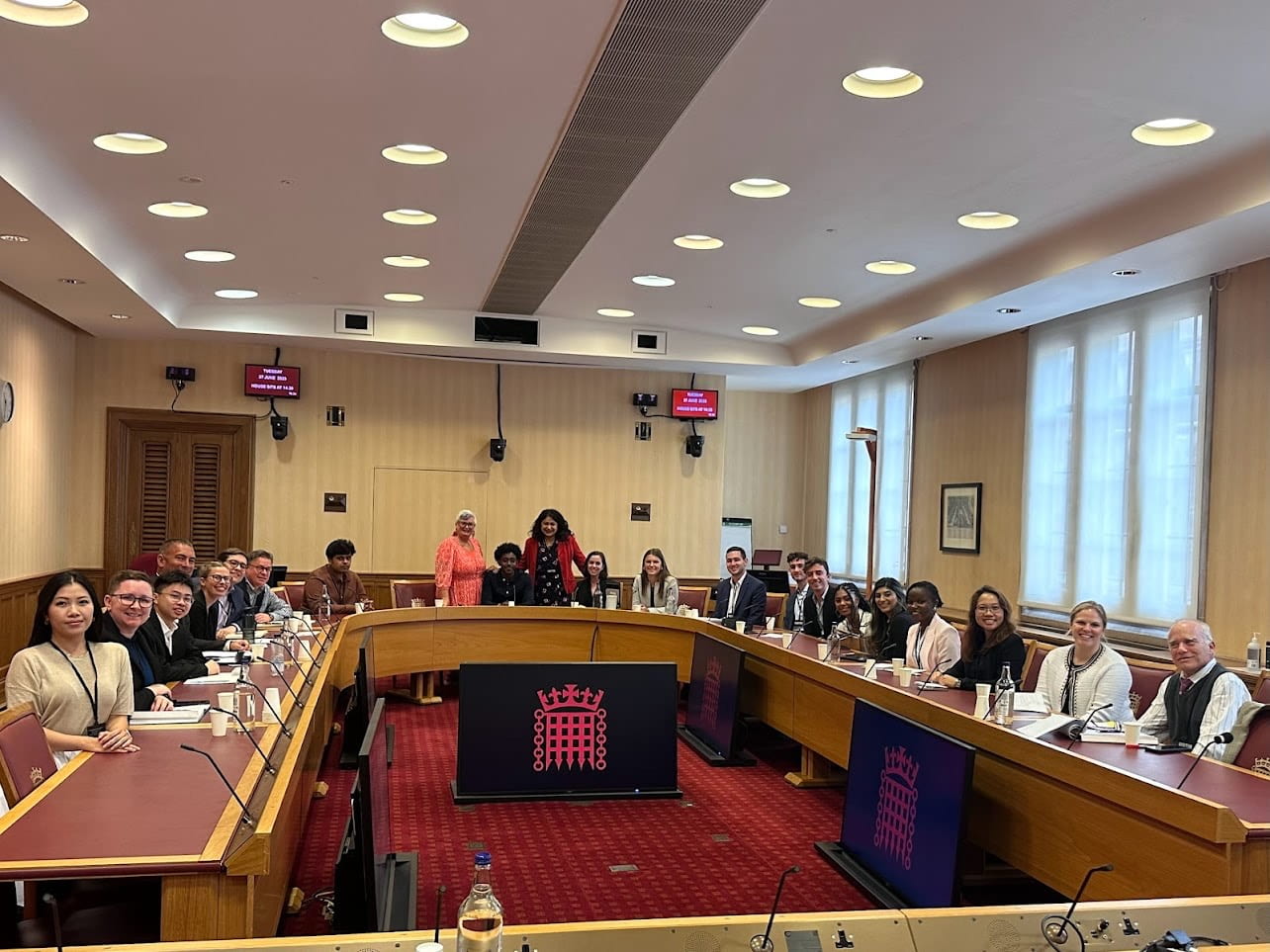By Vanessa Onwughalu
Winter 2024
As I reflect on my recent study abroad trip to Panama City, Panama, organized by the Global Business Project Panama program, a flood of memories and insights rushes through my mind. The experience was nothing short of transformative, shaping both my professional outlook and personal growth in profound ways. Here are some key takeaways from my journey:
Confidence in Business Development and Global Ventures:
One of the most significant takeaways from my time in Panama is the newfound confidence in navigating the world of business development, particularly for large corporations like Hilton, Boeing, Nestle Copa. The exposure to Panama's unique business environment, with its strategic location and booming economy, equipped me with valuable insights into global ventures. I feel empowered to tackle complex challenges and explore opportunities on a global scale.

Embracing a Global Perspective:
The immersion into Panama's rich culture and dynamic economy broadened my worldview significantly. From the juxtaposition of modern skyscrapers to the lush rainforests teeming with exotic species, Panama embodied a blend of tradition and innovation. This experience instilled in me a deeper appreciation for cultural diversity and heightened awareness of the interconnectedness of our world.
The Value of Language and Cultural Immersion:
Looking back, I wish I had known the importance of speaking Spanish before embarking on this journey. While I could engage with locals on a surface level, fluency in Spanish would have allowed me to delve deeper into the intricacies of local business ventures and forge stronger connections with the community. Nevertheless, the experience underscored the significance of language proficiency and cultural immersion in unlocking new opportunities.

Integration of Skills into Daily Life:
Professionally and academically, the skills and knowledge acquired during the program have seamlessly integrated into my daily life. From conducting research to delivering compelling presentations, I have leveraged these newfound capabilities in various facets of my career and academic pursuits. For instance, the data analysis skills honed during my collaboration with Hilton now inform my Consulting Abroad Project in Germany, facilitating informed decision-making and strategic planning.

Embracing Openness and Confidence:
Beyond the realm of academia and professional endeavors, my philosophies and habits underwent a profound transformation. I learned to embrace openness and reject self-imposed limitations, whether in terms of geographical boundaries or personal beliefs. The experience emboldened me to consider diverse opportunities and embrace new challenges with confidence and enthusiasm.


In conclusion, my Panama study abroad experience has been a catalyst for growth, both professionally and personally. It imbued me with the courage to navigate the complexities of the global business landscape and embrace the rich tapestry of cultures that shape our world. As I embarked on the next chapter of my journey, I carried with me the invaluable lessons and memories forged in the vibrant streets of Panama City.

















